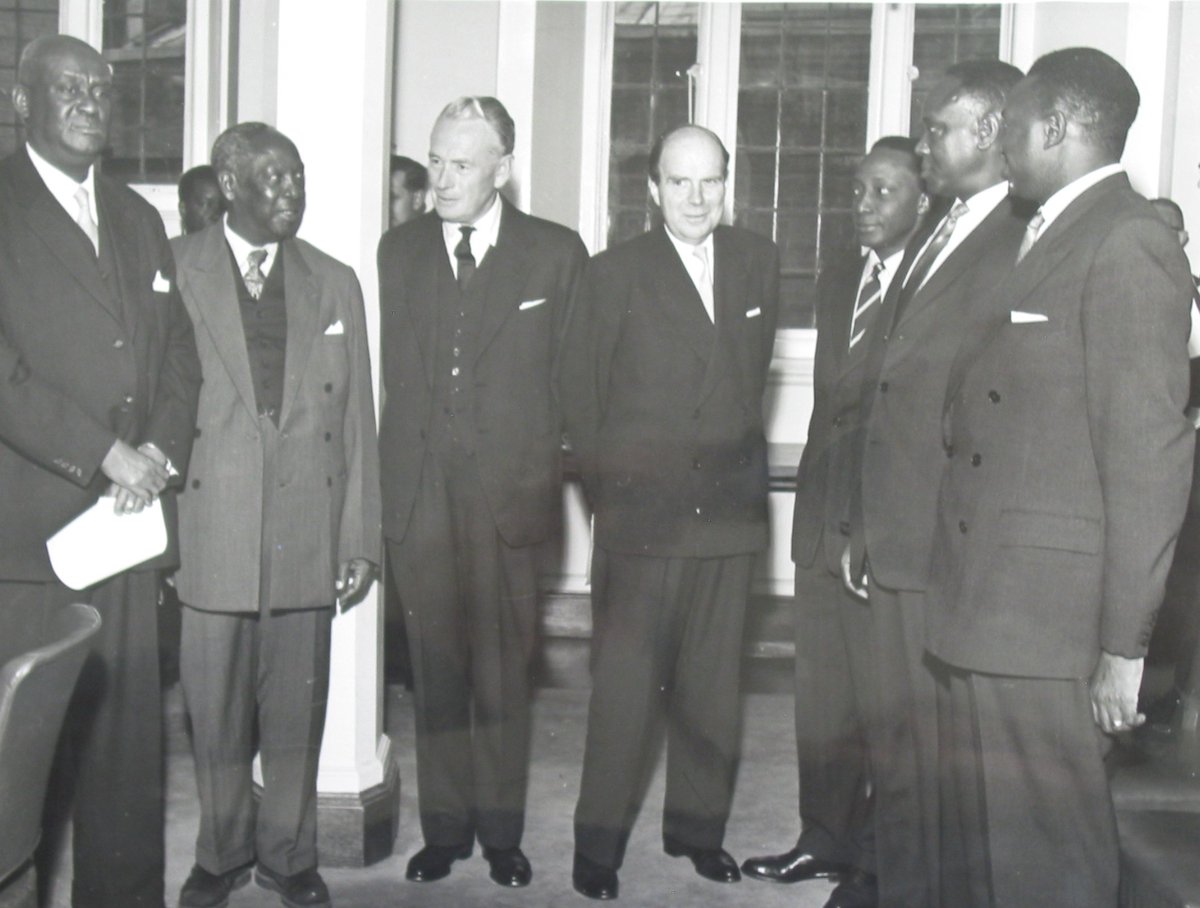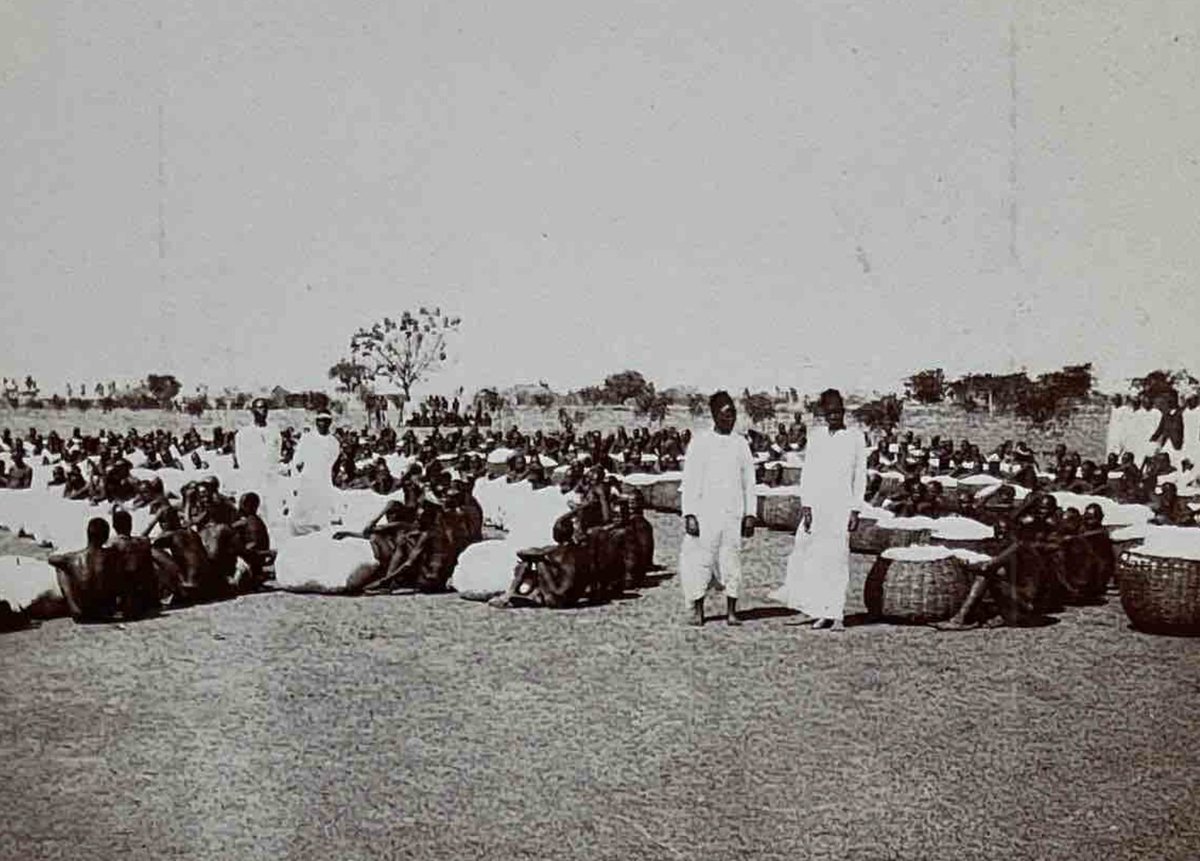To date, Karamoja has remained marginalized in national history writing. But in the late 1960s, Karamojong activists shaped the course of national debates about state security and the importance of constitutional rule. 1/9 

In 1969, the Clerical Assistant for the Judicial Department of Pian, Karamoja, K.A.L. Itwa, forwarded Benedicto Kiwanuka a four-page report, which he entitled, ‘Disturbances in Karamoja’. Itwa informed Kiwanuka that he had organised a committee of DP activists in 2/9 

1966 to launch a three-year independent investigation into the corruption of UPC government workers and chiefs. Itwa’s report painted a dire picture of political life in eastern Uganda. The report concluded that the UPC supported police bribery and 3/9 

corruption, the creation of ‘lost and found’ animals, which entailed the government confiscation of cattle, and sexual violence committed against women by the Army and Special Forces. The report focused especially on the ‘sons of Lorika’, who had ostensibly orchestrated 4/9 

a cattle raid under police protection. After stealing no fewer than 800 heads of cattle, the report noted, Lorika’s sons ‘built their houses which are quite huge enough, on the Northern direction of Nabilatuk’. The report ended by asserting that ‘the people in South Karamoja 5/9 

are not happy with the ruling of the UPC Government in power now. They are not at all satisfied. There is no stability in this part of the Country i.e. Karamoja, people say.’ Just as Itwa was finalising his report, three of the DP’s foremost activists, 6/9 

Sebastian D. Orach (DP District Leader, Bukedi), V. Okoboi (DP Party Organisers, Teso), and Paul Ssemogerere (DP Publicity Secretary), issued a public statement on ‘illegal arrests and tortures’ in eastern Uganda. 7/9
The statement charged the UPC with actively profiling and illegally arresting DP activists, ‘simply because they have been seen wearing party colours or because they have been recruiting new members into the party’. The writers argued that such assertions 8/9
were ‘a denial of our fundamental rights and it is an outrageous violation of the Constitution’. 9/9
• • •
Missing some Tweet in this thread? You can try to
force a refresh
















